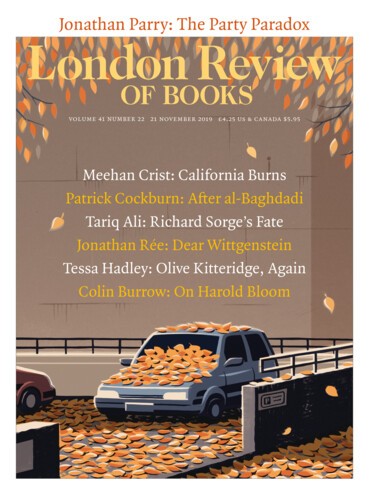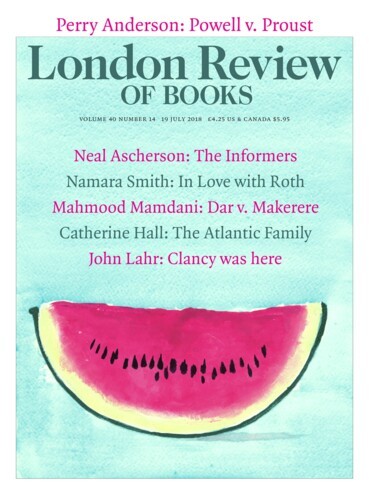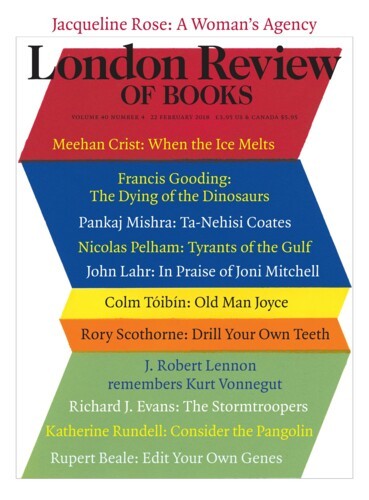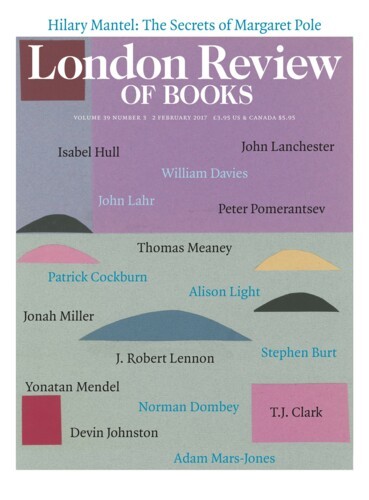I sizzle to see you: Cole Porter’s secret songs
John Lahr, 21 November 2019
Of the many remedies Cole Porter used to kill pain – boys, drink, luxury – the most powerful was song. In October 1937, at the age of 46, out for an early morning canter at the Piping Rock Club in Locust Valley, New York, Porter lost his stirrups when his horse spooked at a bush and fell on him, crushing both his legs. He gave his crippled legs nicknames: ‘Josephine’...





